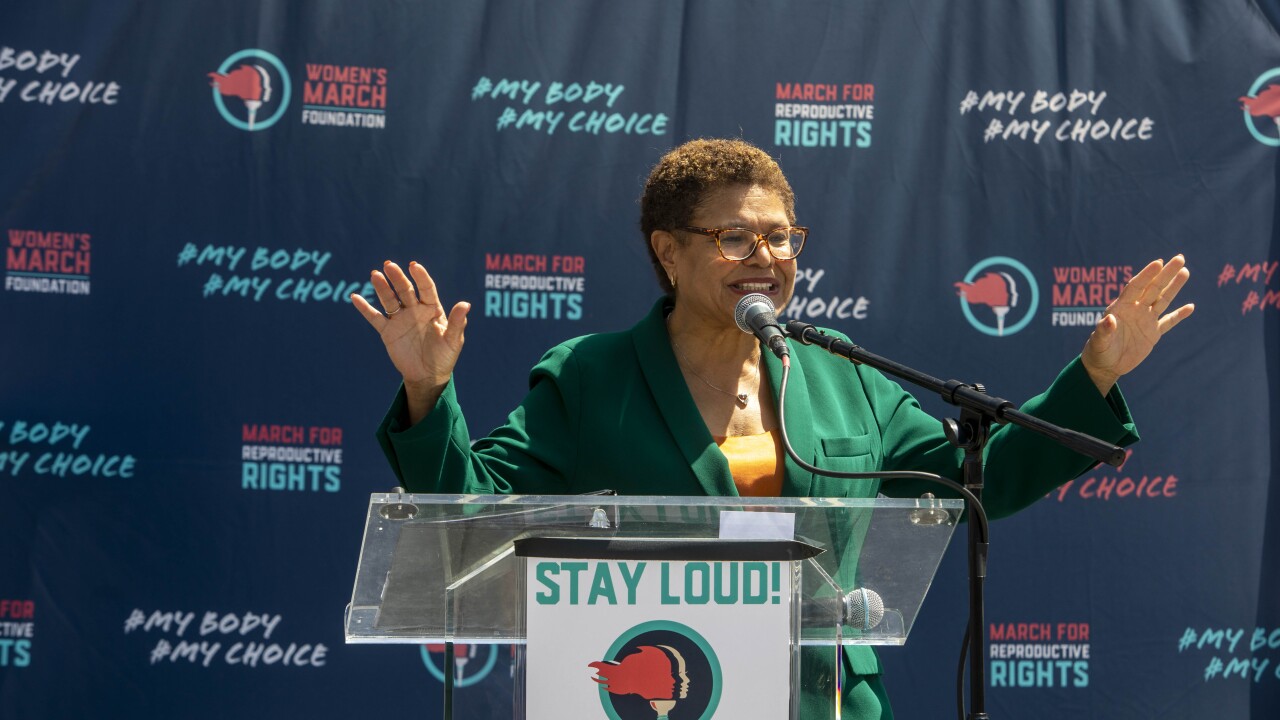Under threat of layoffs, Rhode Island’s largest municipal union has accepted a pay-cut plan negotiated with Gov. Donald Carcieri, the union announced yesterday.
The leadership of Council 94 of the American Federation of State, County, and Municipal Employees had previously rejected the plan over a provision that allows the governor to reorganize government employees. After Carcieri refused to negotiate further and said he would begin layoffs, the union agreed to allow its members to vote on the package.
“State workers are once again agreeing to take a hit to ease Rhode Island’s economic crisis,” Council 94 president
J. Michael Downey said in a statement. “It was not an easy vote.”
Downey said that the agreement put some workers’ “families’ financial health at risk.”
Council 94 represents about 4,000 of the state’s 13,600 workers. Its members voted 1,757 to 1,264 accept the plan.
“I realize this was a difficult decision, and I appreciate the willingness and understanding of the state employees for choosing to be partners in managing our way through this economic crisis,” Gov. Carcieri said in a statement.
The agreement, which has been ratified by several other unions as well, will save the state $36 million in personnel costs over the next two years, Carcieri said. A final tally of the unions that accepted the agreement was not available at press time, spokeswoman Amy Kempe said, but according to press reports, one union representing probation and parole officers had rejected the package.
The pay cut package was negotiated as part of a compromise after unions mounted a legal challenge a furlough plan announced by the governor in August as part of the executive branch’s effort to find $67.8 million of unspecified savings required as part of the fiscal 2010 budget.
Instead of 12 unpaid nonwork days over the next 10 months, which the governor had originally called for, workers at unions that accept the plan agree to take 12 unpaid work days through fiscal 2011; to delay 3% raises that were due to take effect in July 2010 by six months; and to allow the governor a free hand in transferring workers to different divisions. In return, union workers would not face layoffs over the next two years and could earn up to 15 paid vacation days on the unpaid work days.
The recession has hit the state hard. Rhode Island had the third highest unemployment rate in the nation in August at 12.8%, behind only Michigan and Nevada, according to the federal Bureau of Labor Statistics.





